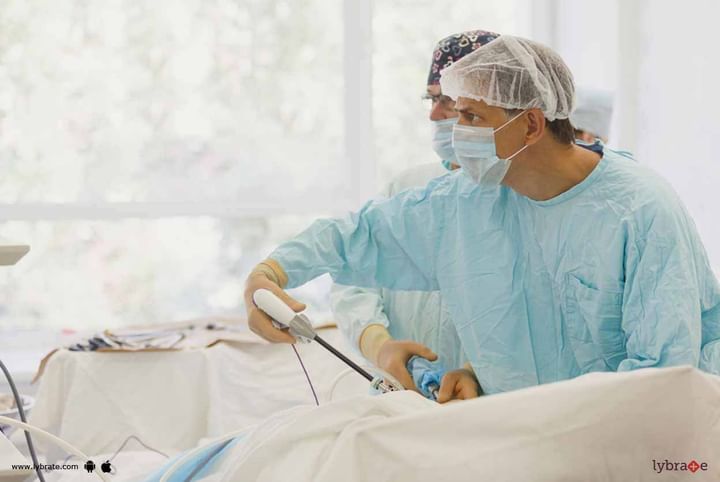Is Laparoscopic Surgery Safe?
Laparoscopic surgery is also called minimally invasive surgery. It leads to a lesser amount of pain after the surgery, and therefore requires less medication also. It reduces the possibility of hemorrhage, thereby the lowering the possibility of requiring blood transfusion. The smaller length and depth of the incision also means that the patient recovers from the surgery faster than usual. There is also a lesser chance of contracting infections because a larger number of organs remain unexposed and therefore uncontaminated. Laparoscopic surgeries also cause smaller, lighter scars once the surgery wound heals completely.
However, as with any surgery, complications may occur during the course of laparoscopic surgery.
1. Wound infection: Even though laparoscopic surgery is minimally invasive and the possibility of contracting infections is considerably less, the wound is capable of getting infected. Hence it is essential to maintain the cleanliness and hygiene recommendations provided by the concerned medical staff. It is also assumed that the surgeons would prevent this possibility by maintaining strict protocols regarding this issue on their part.
2. Bruising: After surgery, depending on the type and duration of the procedure, the patient is always advised to follow certain restrictions regarding mobility and restriction of normal day to day functioning. These rules must be followed in order to prevent the possibility of bruising after a laparoscopic surgery.
3. Hematoma formation: A hematoma is an accumulation of blood outside the blood vessel. This is not normal at all and requires urgent inspection and treatment. This is a relatively common complication that happens after a laparoscopic surgical procedure. Precautions are taken by surgeons to avoid this but it may still occur. It needs to be diagnosed early, and then the bleeding vessel needs to be emobilized selectively in order to reduce any further complication of this type.
4. Anesthesia-related complications: To prevent anesthesia related complications during laparoscopic surgery, it is essential that procedures related to the airways, ventilation, analgesia, antimetics are followed in the preoperative state.
5. Any injury that may be inflicted on the blood vessels present in the walls of the abdomen or on the sidewall in the pelvic region, as well as injuries in the bowel area and the urinary tract: Proper protocol must be followed by the doctor to avoid such complications as much as possible.



+1.svg)
